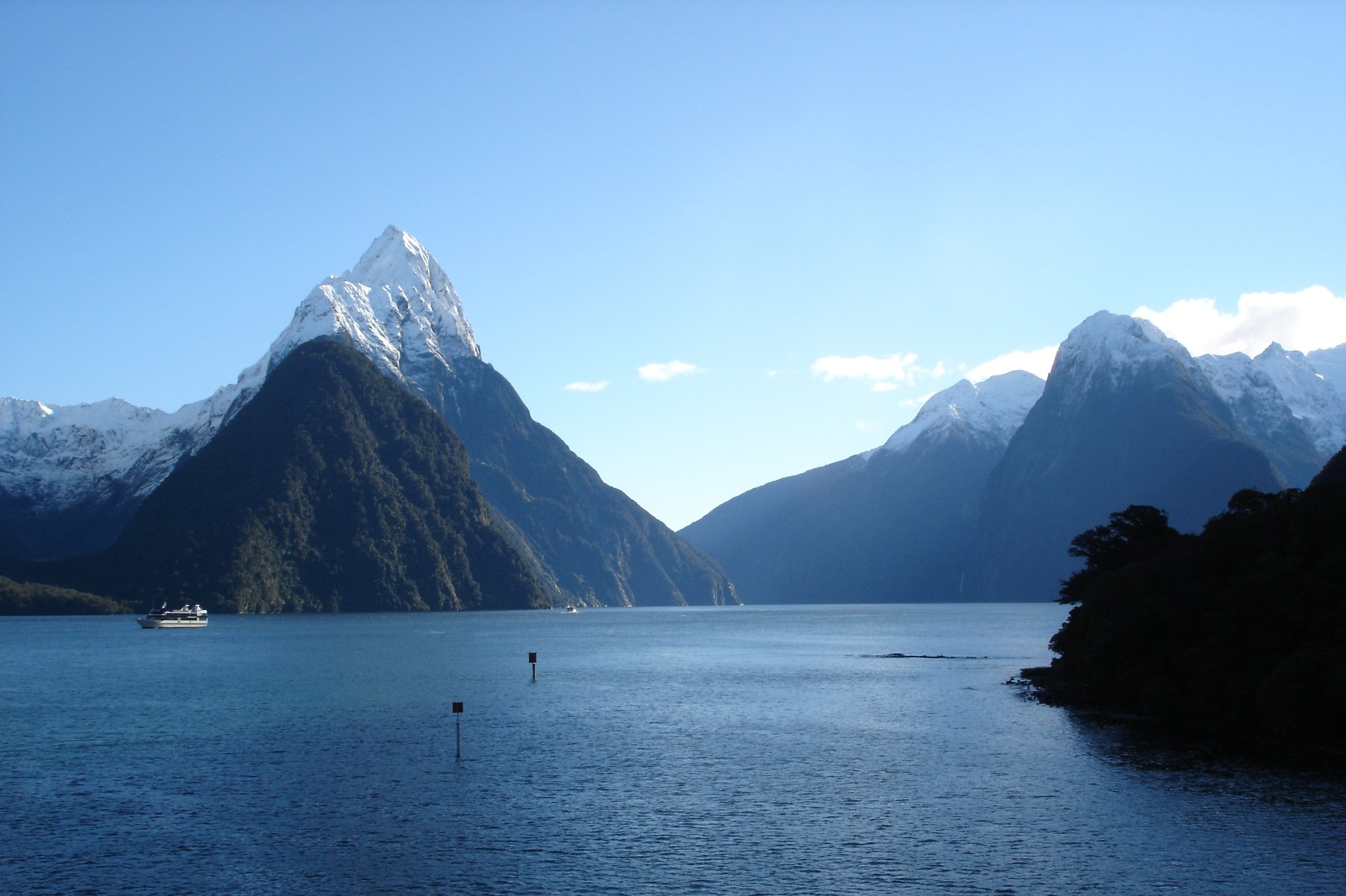🇳🇿map New Zealand [Residency]

Overview
New Zealand is welcoming but well-regulated when it comes to entry and stays, and most travelers sort everything online before they fly. Citizens of many countries can visit visa-free for short stays under the NZeTA system, which still requires you to apply for an Electronic Travel Authority and pay a small tourism levy before boarding. Others will need to secure a Visitor Visa in advance, and the same online portal manages both. You’ll need a passport valid for at least three months beyond your departure date, proof of onward travel, and funds to cover your stay. Border officers are friendly but thorough about biosecurity, so be honest on arrival cards and don’t bring restricted food or outdoor gear that hasn’t been cleaned.
Tourist and Short-term Visas
For most short trips, you’ll either travel visa-free with an NZeTA or apply for a standard Visitor Visa, which typically allows up to three months per visit (some nationalities can get up to six) within a broader 9–18 month window. Business visitors usually use the same visitor pathway for meetings and short assignments that don’t involve productive work for a New Zealand employer. Expect to provide a passport, recent photo, travel plans, evidence of funds or accommodation, and sometimes a return ticket; biometrics may be requested depending on your nationality. Fees and processing times vary, but the online system is straightforward, and extensions are possible in limited circumstances if your situation changes.
Work Visas and Permits
If you plan to work, the Accredited Employer Work Visa (AEWV) is the main route, and it ties you to a New Zealand employer who has been officially accredited. Your role must usually meet pay and skill thresholds, and you’ll show qualifications or relevant experience that match the job offer. There are also specific pathways like working holiday schemes for eligible nationalities, sector-specific or skilled shortage options, and visas for partners of workers that can allow open work rights. Timelines depend on job type and completeness of your file, so line up your documents early and coordinate closely with your employer’s HR team.
Long-term Residence
Many people move toward residence after time on a work visa, often through skilled residence categories that consider your job, pay, and qualifications, or via a pathway for people with long-term, high-demand skills. Family options are available for partners and dependent children of residents and citizens, with clear evidence requirements around genuine relationships and support. Investors and entrepreneurs have dedicated streams that weigh funds, business plans, and potential economic impact; these can be competitive and document-heavy but offer strong long-term prospects. New Zealand doesn’t market a classic “retirement visa,” but some older applicants combine longer visitor stays with private health cover or explore investment routes if they wish to base themselves long term.
Application Process
Everything starts on the official immigration website, where you create an account, choose the visa type, and follow the prompts step by step. You’ll upload your passport bio page, a compliant photo, and supporting documents like job offers, qualifications, bank statements, or travel details. Some applicants will complete health checks and police certificates; if biometrics are needed, you’ll be directed to an approved collection point. Most applications are fully online, and you can track progress in your account; interviews are uncommon but can be requested for complex cases or business and investment routes.
Costs and Fees
Expect a government application fee and, for NZeTA travelers, a separate tourism levy collected at the same time. Work and residence categories carry higher fees, and you may also pay for third-party services like medical exams, police certificates, translations, and certified copies. If you use a licensed immigration adviser or lawyer, factor in professional fees on top of government charges. Travel insurance isn’t mandatory for everyone, but it’s strongly recommended; some visa types, like longer visitor stays, may effectively require proof of cover and sufficient funds.
After Arrival
There’s no national registration for newcomers, but you’ll want to get practicalities sorted within your first weeks. Activate your work rights by starting with your sponsoring employer and requesting your Inland Revenue Number (IRD) so you’re taxed correctly; your employer can guide you. Open a bank account with your passport, visa approval, and local address details—New Zealand banks are used to new arrivals and may offer migrant packages. If you’ll be driving, check whether your license can be used or converted, and remember biosecurity rules if you’re moving belongings later.
Common Issues and Tips
Most hiccups come from missing documents, unclear job descriptions, or qualifications that aren’t well evidenced, so label files clearly and match them to the checklist in the online system. If your case is refused, there are review and appeal avenues depending on the visa type, but it’s smarter to get it right the first time—licensed immigration advisers can be helpful for complex or high-stakes applications. Policies can shift, especially around skilled roles and employer accreditation, so rely on official immigration updates rather than third-party summaries. Finally, plan around seasonality: application volumes spike before university terms and the southern summer, so build extra time into your move.
Liam
Liam is an international business advisor and expatriate consultant originally from Dublin, Ireland,
with over 16 years of experience in European, Middle Eastern, and Asia-Pacific markets. Having worked
for major global consulting firms and managed corporate relocations across the UK, Ireland, UAE, and
Oceania, Liam has extensive experience helping professionals navigate international assignments in
English-speaking markets and key business hubs. His background includes facilitating moves for both
European professionals expanding globally and international talent relocating to the UK, Ireland,
Australia, New Zealand, and the Gulf region.
Published: 2025-10-02